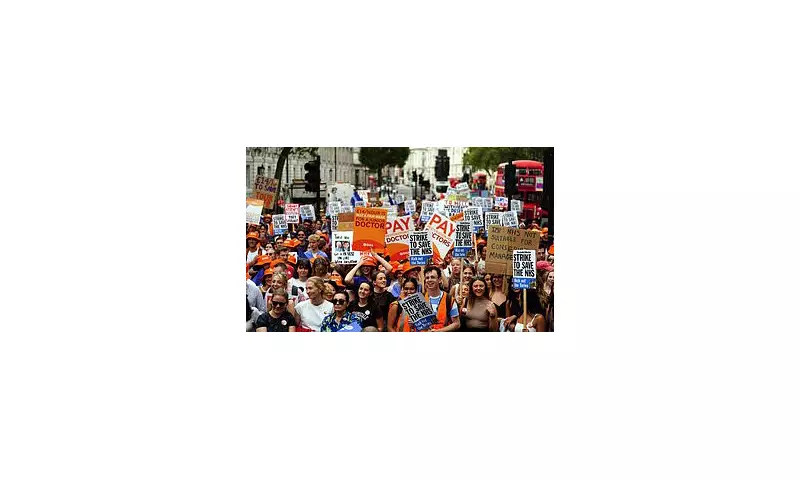
The National Health Service is bracing for its most severe period of industrial unrest in years after junior doctors delivered an overwhelming mandate for continued strike action. In a dramatic escalation of their pay dispute with the government, medics have voted decisively to extend their walkouts for up to twelve months.
Resounding Vote for Action
The British Medical Association announced that an astonishing 98% of voting junior doctors supported continuing industrial action, with a turnout of 62% demonstrating significant engagement among the medical workforce. This powerful result signals deep-seated frustration among frontline healthcare professionals who claim their pay has been eroded by nearly a third since 2008.
Government Standoff Intensifies
Health Secretary Wes Streeting has condemned the planned strikes as "disastrous" for patient care and the NHS's recovery efforts. The new Labour government, having recently taken office, faces its first major healthcare crisis as doctors demand a 22% pay increase to restore what they describe as "15 years of salaried decline."
Impact on Patient Services
The renewed strike action threatens to:
- Cancel hundreds of thousands of appointments and procedures
- Delay critical treatments for serious conditions
- Increase waiting lists that already exceed 7.5 million people
- Place additional strain on senior consultants and nursing staff
Hospital trusts across England are now preparing contingency plans for what could be the most sustained period of industrial action in NHS history.
Doctors' Perspective
Junior doctors argue that chronic underpayment has led to a recruitment and retention crisis, with many considering leaving the NHS altogether or seeking opportunities abroad. They maintain that fair pay is essential not just for their livelihoods but for the long-term sustainability of the health service.
With both sides appearing entrenched in their positions and no immediate resolution in sight, patients face the prospect of continued disruption to essential healthcare services throughout the coming year.





